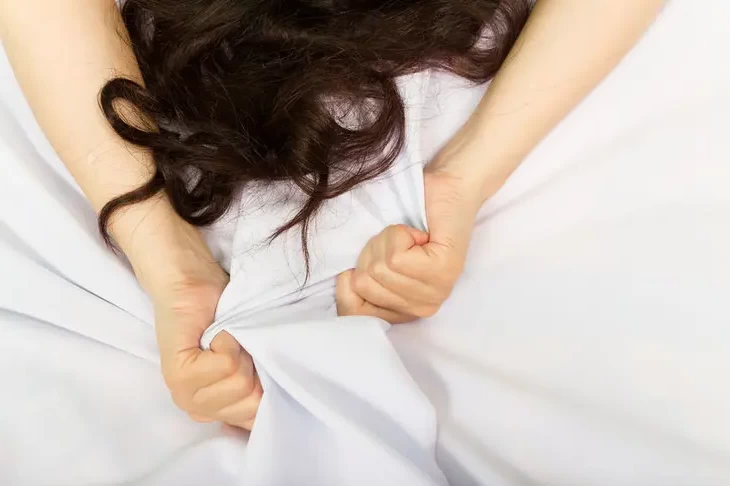This organ serves the god of pleasure, said Jim Pfaus, a psychology professor at Charles University in Prague, taking a plastic model of the brain in his hand. How is that!?
Many people think that pleasure is a purely physical sensation. However, pleasure does not actually happen in the skin, digestive system, penis or clitoris, but in the brain. Research on sexual desire and arousal proves this. Arousal is based on brain-body communication. The body is stimulated in conjunction with visual, auditory, olfactory and taste sensations. The brain, on the other hand, is the ticket to sexual pleasure. It receives a sensory signal that is processed, experienced as pleasant, and triggers a cascade of reactions throughout the body, from where pleasant stimuli again reach the brain. This is how bliss is born.
And what happens in my brain when I fall in love. How will it be different from when I’m not in love?
At the functional level, we can expect greater activation of the system associated with reward and less activity of the system associated with stimulus inhibition. This is clearly visible on fMRI imaging, i.e. magnetic resonance imaging. Example: when you are aroused, you want sex – we expect more brain activity in the area of the hypothalamus, which is responsible for activating the genital response. Activity in all circuits of the reward system will also be increased. And characteristically, with the onset of orgasm, there is an increasing quieting of those parts of the brain that are associated with maintaining conscious control. This is why during orgasm we are in a slightly altered state of consciousness, surrendering control. And that’s why people who control themselves very strongly, have difficulty “saving” – they often also have difficulty experiencing an orgasm. It’s like they can’t “turn off” their prefrontal cortex.
Brain activity changes depending on the situation, context, which is very difficult to faithfully reproduce in experimental conditions. While it is easier to test the behavior of the brain in response to a specific sexual stimulus – for example, a photo of a naked person in a provocative shot – it is more difficult to convey the experience of passion between the subject and his partner. The brain of a person in love during sleep will function completely differently than during a date. This activity changes from second to second. It is not easy to create a simple research model of how the brain of a person in love works.
You take a lover’s brain under a magnifying glass, or rather under an MRI, and what do you see?
I will say half scientific, half romantic – our brain starts to spark, because many centers are activated and the release of neurotransmitters is increased, which are responsible for experiencing pleasure. He is flooded with a wave of dopamine. The inhibiting centers that tell us to behave in a prudent and careful manner have less to say – so the prefrontal cortex begins to fall asleep. Hence the term “seeing the world through rose-colored glasses”.












